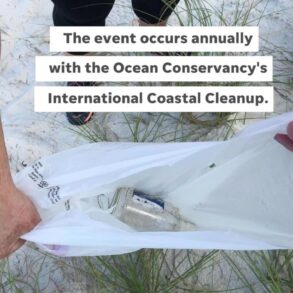
Jose Farinango Muenala, 45, of Casselberry, Florida, has been charged with wire fraud, mail fraud, and misrepresenting “Indian-produced goods,” according to a press release from the office of Timothy M. O’Shea, a federal prosecutor in the Western District of Wisconsin.
The indictment alleges that between Dec. 3, 2015, and Jan. 17, 2024, Farinango Muenala applied to art shows across the United States to sell jewelry.
In those applications, he falsely claimed to be Native American and then repeated that claim to art show attendees, telling them he made the jewelry he was selling, the indictment alleges.
The charges of mail and wire fraud are connected to emails, letters, and checks sent to the Mercer Chamber of Commerce in Wisconsin to aid in his alleged scheme.
The indictment was returned by a federal grand jury in Madison, Wisconsin, on June 26.
“Prosecuting these types of fraud cases is part of our important work to support Tribal Nations,” said O’Shea. “The indictment announced today is not only about enforcing the law, but also about protecting and preserving the cultural heritage of Native Americans.”
Edward Grace, assistant director of the U.S. Fish and Wildlife Service Office of Law Enforcement, said, “Jose Farinango’s false tribal affiliation cheated customers and impacted the economic and cultural livelihood of Native American artists.”
Grace’s team of special agents work on behalf of the Department of the Interior and the Indian Arts and Crafts Board (IACB).
The IACB is responsible for administering and enforcing the Indian Arts and Crafts Act, which is a truth-in-marketing law.
The act is meant to protect the economic livelihoods and cultural heritage of Native American artists, craftspeople, and their tribes, explained IACB Director Meridith Stanton, as well as to protect consumers who buy these goods.
“Authentic Indian art and craftwork is an important tool for passing down cultural traditions, traditional knowledge, and artistic skills from one generation to the next.
“Those who market fake Indian art and craftwork, such as under Jose Farinango’s guise of from ‘the Pueblo Nation of New Mexico,’ tear at the very fabric of Indian culture and livelihoods and prey upon unwitting consumers, and therefore must be held accountable,” she said.
The charges against Farinango Muenala followed an investigation by the U.S. Fish and Wildlife Service and the IACB.
A federal grand jury in Madison, Wisconsin, returned the indictment on June 26.
If convicted, Farinango Muenala faces up to 20 years in prison on the wire and mail fraud charges.
There is a maximum penalty of five years in prison on the misrepresentation of “Indian-produced” goods charge.
This post was originally published on this site be sure to check out more of their content






